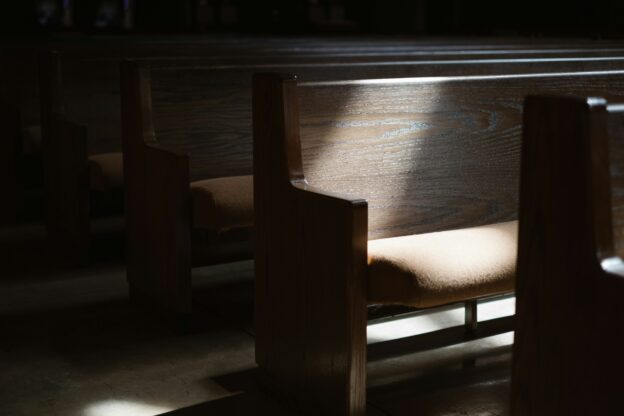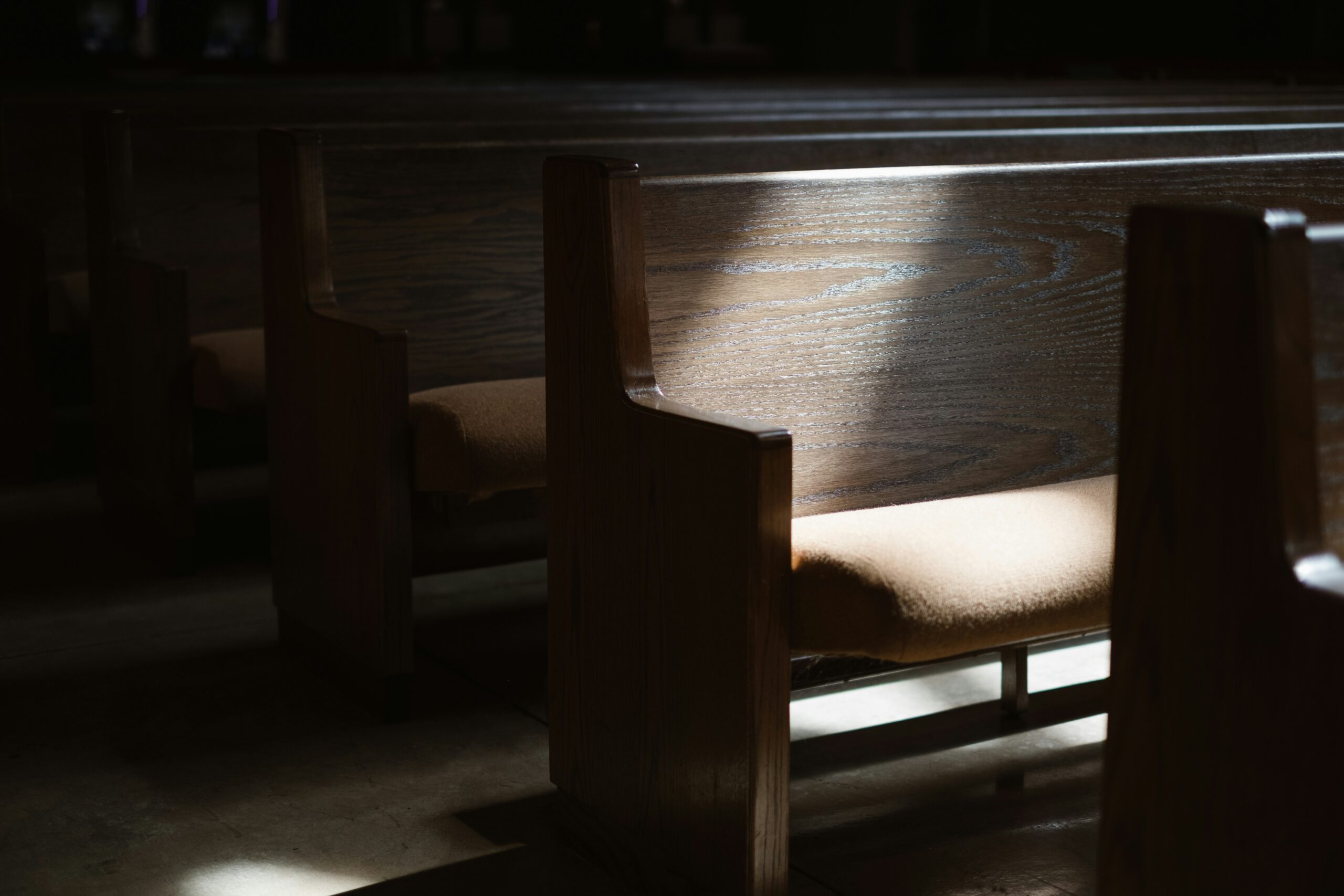Will You Finish Well? (Part 3) by Maxie Dunnam

So far in this series, I have shared how personal holiness and surrender have kept me spiritually alive throughout my ministry. Let me now make my case and offer specific notions which I pray might have at least some hints of wisdom.
Spiritual, emotional, and relational growth takes time and energy. It requires discipline. It diverts us from “pastoral duties” which will eat us alive if we don’t keep perspective. When we start in ministry, we’re enthusiastic for God and we want nothing more than to be sterling men and women of God. Whether it’s due to our seminary training, or ecclesiastical machinery, or competition among pastors, early on we’re tempted to become increasingly preoccupied with success. We start climbing the ladder, looking for a bigger church, a bigger salary, and greater recognition.
Later in ministry, we realize how we’ve strayed. It’s not that we have ignored spiritual growth and character completely, but we’ve not had the time or inclination to concern ourselves with it.
Somewhere along the way, most of us wake up to the fact that we have not kept perspective. If we have not forsaken our first love, we certainly have not kept that love alive. We’ve not given it first place.
Why Character Matters More Than Leadership Skills
Unfortunately, many of us are in our forties and fifties before we come to this realization. Here, then, is my first assertion: All the permanent fruit and progress that result from our leadership are based on strong character. Let me say that again: All the permanent fruit and progress that result from our leadership are based on strong character. Who we are is more crucial than what we do. That is a part of why McCheyne’s word which I quoted earlier is so important. “The greatest need of my congregation is my own personal holiness.”
Now here is a shocking fact: our ministry has the potential of handicapping character. Although the average parishioner thinks being a pastor makes it easier to grow character, we know otherwise. Vocational ministry can dry and stiffen the red, tacky earth of the human spirit for several reasons. Note some of these.
Common Obstacles to Pastoral Spiritual Growth
For one, the need for job security. It arises from the good and natural inclination to provide for our families. How much of our ministry, the tone and direction of our ministry, is shaped by this need? Congregations can be fickle. Staff/Parish Relations Committees can be unrealistic and demanding. Too many churches demand far more of their leader than is possible.
Without conscious awareness, this need for job security does affect significantly how we do ministry – it certainly impacts the prophetic edge of our ministry. I remember an occasion early in my ministry, during the racial upheavals in Mississippi in the late ‘50s and early ‘60s. I had taken a clear stand with the Civil Rights movement, which brought me into direct conflict with many folks in the church. At one point, the leaders held a special board meeting to confront the issue – some supporting and others opposing me.
After the meeting had gone on for some time, one opponent who wielded substantial power in the church, asked, “Well, Maxie, what can we expect of you in the future?”
It had to be the Spirit working within me. I heard myself saying, “You can expect me to be consistent with what I feel the Gospel is calling me to do.”
I wish I could claim that I have always been that clear in my convictions, and always that strong. It simply hasn’t been the case. All of us – when we are honest – probably would confess that our need for job security has shaped our ministry. And that becomes a handicap for character-building.
Akin to this is a second reality – that is the frequent moves of pastors from one congregation to another. The facts are astounding, really. When we are constantly on the move, moving from one congregation to another every two or three or four years, we don’t have the opportunity to clarify troubling issues or work through recurring problems in our own personhood and character.
High and unrealistic expectations are another hindrance. I remember a story about a woman who approached the great Scots preaching Alexander Whyte, complimented him profusely, and said, “Oh, Dr. Whyte, if I could just be as saintly as you are!”
“Madam,” he replied, “If you could see into my heart, you would spit in my face.”
We may fear that if people discover who we really are, we’re finished, or at a minimum, our credibility and influence will wane. The human reflex is to hide, put on a mask. Hypocrisy is the greatest temptation of religious professionals.
The opposite of high expectations is another hindrance – stereotyping. Some people don’t want us to be real saints. Those who by word and deed call people to more Christlike behavior. They want us to be merely nice, fulfilling our role with reasonable skill and efficiency. Under that expectation, it’s easy to become complacent. Instead of striving to become all that Christ calls us to be, we simply do what is expected of us: regular hospital calls, decent sermons, warm blessings at women’s groups. Ministry may certainly be that much – but it is not only that much – it’s far more.
Though Les and Leslie Parrott are dealing with this next issue, I have to register it. Family pressures can really handicap character – and can play a significant role in our quest for holiness. Family pressures aren’t unique to a minister’s family, but they are exacerbated by the pressures of ministry. We must pay close attention to our families and how we grow in relation to each other within the family.
Preventing Burnout in Ministry Through Spiritual Self-Examination
The big point I want to make is that we need to be aware of the fact that our professional ministry has dimensions that thwart character development and growth in holiness. We can deal with the temptations that come with our vocation by continually asking ourselves questions like these:
1. Am I resisting image-building by living as transparently as possible.
2. Am I dealing with the self-deceit that comes from the applause of others?
3. Am I keeping my calling clear, resisting both the temptation for security and a competitive spirit?
4. Am I defensive when asked questions about the use of my time and the consistency of my spiritual disciplines?
5. Am I blaming others for things that are my own fault and the result of my own choices?
Let me restate the claim. “All the permanent fruit and progress that result from our leadership are based on strong character.”
Subscribe
Get articles about mission, evangelism, leadership, discipleship and prayer delivered directly to your inbox – for free


























